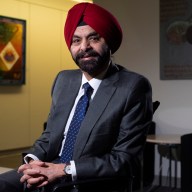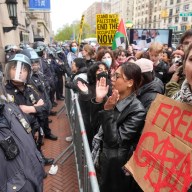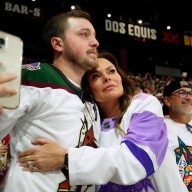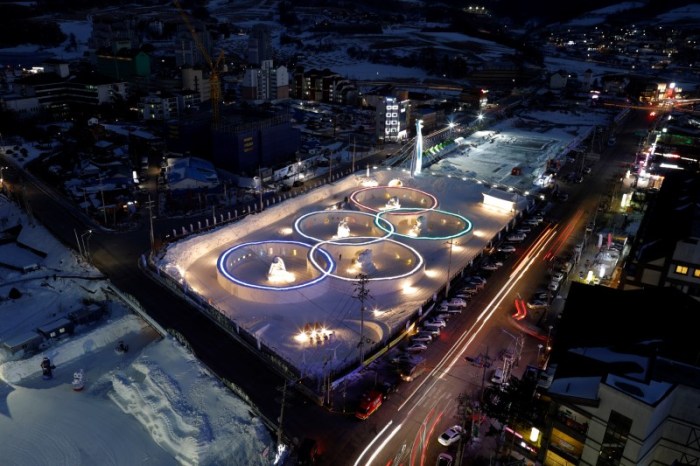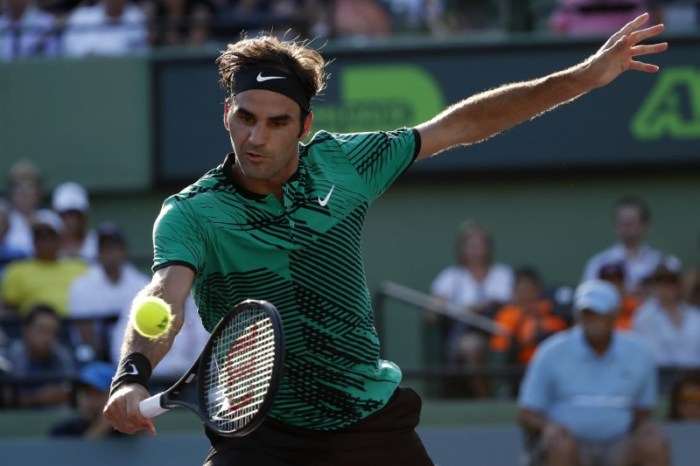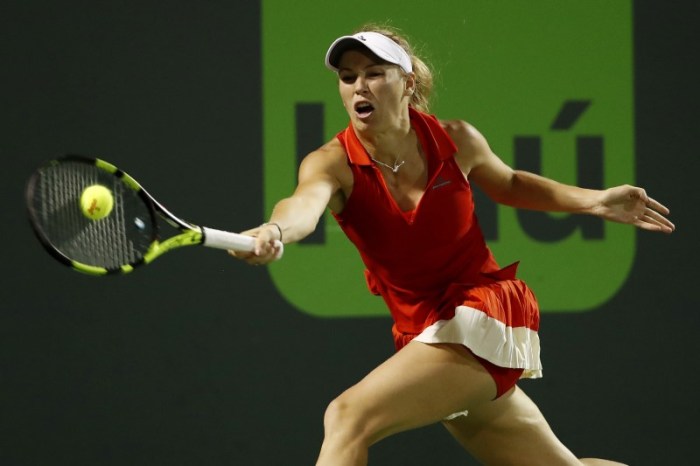By Diego Oré
MARACAY, Venezuela (Reuters) – Every morning, Venezuelan archer Elias Malave picks up his old bow, attaches a handful of well-worn arrows to his belt and trains for five hours on an empty field, without a coach. It could be any amateur sportsman’s routine. But Malave, 26, is a multiple national champion and one of Venezuela’s first athletes to classify for the Rio 2016 Olympic Games.
The South American OPEC nation’s brutal economic crisis has squeezed state funding for elite athletes, meaning many lack coaching, train with inadequate equipment and in some cases are pleading for donations to fund themselves. “The (government) response is always the same: ‘There’s no money,'” said Malave, who receives a small state stipend but confesses that a friendly karate fighter shares vitamin supplements with him because he does not have enough. It is a sad turn of affairs in a nation whose socialist government had in recent years put great store on sport, much like past Olympic triumphs of political bedfellows Cuba, China or the old Soviet Union. Malave, who came close to the final eight at his first Olympics in London in 2012, made the cut for Rio last July, along with 71 other Venezuelan athletes so far.
But since classification, he has missed a test of the installations in Rio, a world championship in Las Vegas and various training camps abroad with his Russian coach Alexander Kirillov. In fact, he finally saw Kirillov only last month on a trip to Colombia after half a year of long-distance coaching via e-mail. “Not seeing my coach for a month is OK, but seven months is too much,” he said during a break in training at a rundown sports center in the central city of Maracay where he lives. “I thought things would change after I qualified, but they didn’t.” SPORTS-LOVING CHAVEZ
After winning a presidential election in 1998, Hugo Chavez, himself a keen amateur baseball player, poured money into sport and brought hundreds of Cuban trainers into Venezuela.
That encouraged local athletes, raised Venezuela’s profile internationally and resulted in a record 109 competitors going to the 2008 Beijing Olympics.
Yet it brought only one other gold medal, by fencer Ruben Limardo in London, to match the country’s previous tally of one gold won by boxer Francisco Rodriguez in Mexico City in 1968.
Chavez’s successor and self-styled “son,” President Nicolas Maduro, vowed to continue the same policy. But he has far less funding at his disposal due to the fall in oil prices and a failing socialist economic model. The Venezuelan Football Federation says it has received nothing from its main sponsor, state oil company PDVSA, so far this year or throughout 2015.
The national soccer team, which had been improving rapidly in the previous decade, sits humiliated at the bottom of South America’s 10-nation qualifying group for the 2018 World Cup.
The “Vinotinto” (“Red Wine”), as they are known for their burgundy shirts, have just one point from six games.
Venezuela’s female soccer players have fared better, bringing unexpected joy to the nation by qualifying for this year’s under-20 World Cup.
But they barely have proper footwear and some players rely on charity for food and medicines, their coach says. Some members of the senior men’s team have been donating to them.
Though lauded by the government and state media for their success, captain Kika Moreno took to Twitter to demand a meeting with Maduro to discuss the team’s precarious finances.
“The audience that we are seeking is due to many unfulfilled promises,” added defender Barbara Serrano.
One big name caught up in the cash squeeze is Formula One driver Pastor Maldonado.
Backed by millions of dollars of PDVSA sponsorship, Maldonado became the only Venezuelan to win a grand prix, with Williams in 2012. But the funds have since dried up and he was dropped this year by the Renault-owned Lotus team. Maldonado now tests tires for Pirelli.
POLITICAL FAVORITES?
Venezuela’s government smarts at suggestions it is neglecting sport, saying the socialist authorities’ backing for athletes has been unprecedented in the last 17 years.
For sure, high-profile support is still evident in places.
At the end of May, Maduro gave a brand new sedan and 150,000 bolivars – seven times Malave’s monthly stipend – to Yulimar Rojas, a 20-year-old indoor triple jump champion. At a ceremony to honor her in the presidential palace broadcast live on national TV, she celebrated with her right fist raised, socialist-style. “In middle of difficulties, support,” said a beaming Maduro. “This golden generation impresses Venezuela and the world.”
Critics say the government’s largesse often has such political overtones.
For example, PDVSA was between 2009-2012 a sponsor of Ecuador’s Emelec, the favorite team of President Rafael Correa, a close ally of the Venezuelan government.
The oil company also finances local clubs Zamora FC, run by a brother of Chavez, and Monagas SC, which comes from the birthplace of the Socialist Party’s No. 2 Diosdado Cabello.
While fencer Alejandra Benitez, a former minister under Maduro, is preparing in Russia for her fourth consecutive Olympics, yachtsman Jose Vicente Gutierrez has missed 10 test races since qualifying for Rio in January. Tired of waiting for state support, the 23-year-old has begun an online fundraising campaign. But only $6,500 has come in so far, far short of his goal of $50,000 to travel abroad to training events. “However hard you train, it’s not the same as measuring yourself against competitors,” Gutierrez said at a private club where he practices on the Caribbean coast outside Caracas. But Gutierrez, who inherited his love of the sea from an Italian grandfather who died sailing the Strait of Magellan, was not self-pitying: “There are lots in a worse situation than me.” (Additional reporting by Daniel Kai; Writing by Andrew Cawthorne; Editing by Dan Grebler)







